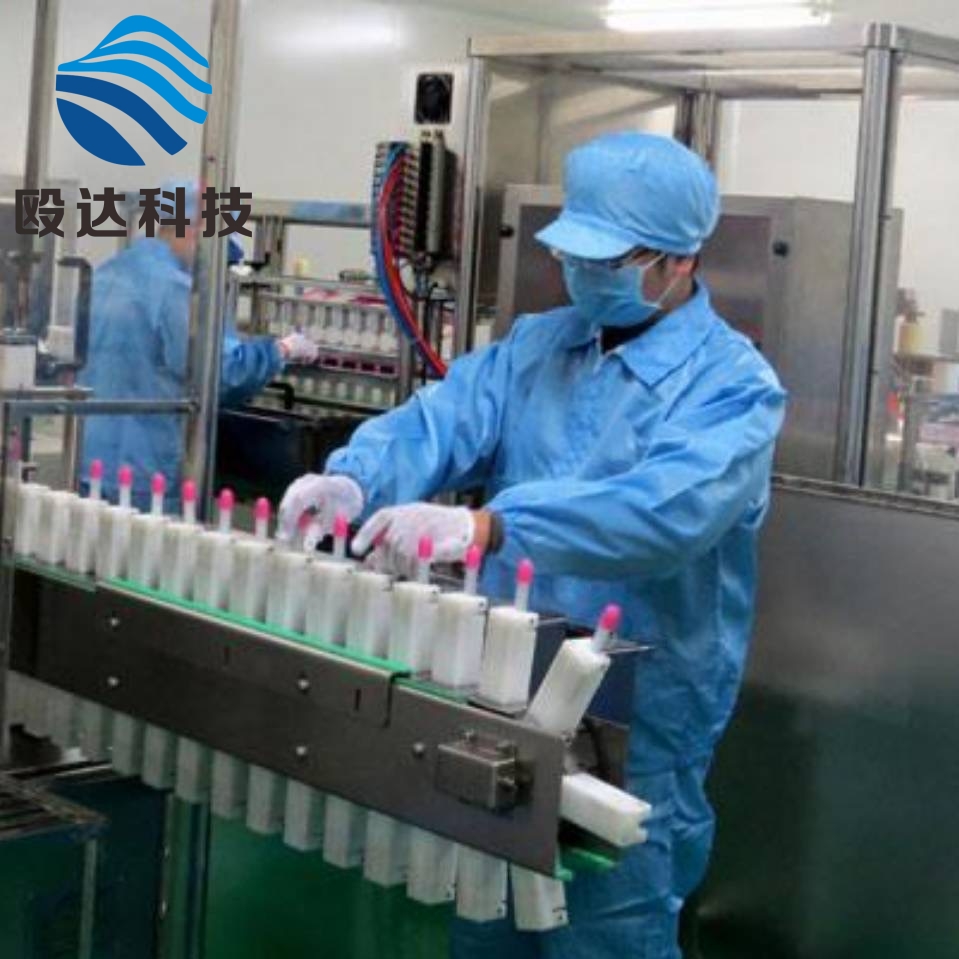-
Categories
-
Pharmaceutical Intermediates
-
Active Pharmaceutical Ingredients
-
Food Additives
- Industrial Coatings
- Agrochemicals
- Dyes and Pigments
- Surfactant
- Flavors and Fragrances
- Chemical Reagents
- Catalyst and Auxiliary
- Natural Products
- Inorganic Chemistry
-
Organic Chemistry
-
Biochemical Engineering
- Analytical Chemistry
- Cosmetic Ingredient
-
Pharmaceutical Intermediates
Promotion
ECHEMI Mall
Wholesale
Weekly Price
Exhibition
News
-
Trade Service
Written | Edited by Wang Cong | Typesetting by Wang Duoyu | Shui Chengwen According to the latest data from the World Health Organization (WHO) on April 20, the new crown pneumonia has now infected 504 million people worldwide and caused more than 6.
2 million deaths
.
Severity of illness and mortality after contracting Covid-19 increase with age
.
Actual age has been shown to be one of the main risk factors for severe COVID-19 and death, and this risk is independent of other age-related comorbidities, such as diabetes, cardiovascular disease, obesity, and more
.
Therefore, understanding the biological aging of severe versus non-severe cases of COVID-19 may be very useful for modeling and predicting the progression of COVID-19
.
Aging is a biological process associated with disease and death
.
The biological process of aging can be reflected by molecular markers, including epigenetic modifications and telomere wear
.
Among them, epigenetic modification DNA methylation is associated with the aging process and can be used to assess epigenetic aging, and the difference between DNA methylation age (DNAm Age) and chronological age has been proposed as a biomarker of aging, and Associated with age-related disease risk and survival outcomes
.
Telomere wear (the gradual shortening of telomeres as cells divide) is another hallmark of aging and is associated with increased risk of aging-related diseases and longevity in humans
.
Previous studies have shown that COVID-19 infection is associated with altered epigenetic age, but little is known about epigenetic aging during COVID-19 infection and after recovery, and whether this factor predicts the risk of severe COVID-19 disease
.
Yu Huichuan of the Sixth Affiliated Hospital of Sun Yat-sen University and others published a research paper entitled: Accelerated biological aging in COVID-19 patients in Nature Communications, a sub-journal of Nature
.
The study assessed epigenetic aging in the blood of healthy people, non-severe COVID-19 patients and severe COVID-19 patients, and found that infection with COVID-19 may accelerate epigenetic clock and telomere wear and promote epigenetic aging, which may lead to COVID-19 sequelae appearance
.
Actual age is a major risk factor for contracting Covid-19 and for severe illness and death, and previous research has shown that viral infections, such as HIV or coronaviruses, may alter the body's epigenetic age
.
But epigenetic aging in COVID-19 patients has not been well studied
.
In this study, Yu Huichuan et al.
performed DNA methylation analysis on blood samples from 232 healthy individuals and 413 COVID-19 patients using EPIC methylation arrays
.
Epigenetic age was then assessed in whole blood from COVID-19 patients and healthy individuals using 5 previously established epigenetic clocks (Hannum, Horvath, PhenoAge, skinHorvath and GrimAge clocks) and a Telomere Length Estimator
.
Next, each individual's acceleration in epigenetic age was determined by comparing their epigenetic age with their chronological age to assess whether the acceleration of epigenetic aging was related to the severity of COVID-19 infection or the onset of symptoms
.
The results showed a strong correlation between the epigenetic clock and an individual's chronological age
.
The rate of epigenetic aging and telomere attrition is increasing in blood samples from healthy individuals, non-severe COVID-19 patients, and severe COVID-19 patients
.
Accelerated epigenetic aging in COVID-19 patients, especially critically ill patients.
In addition, longitudinal DNA methylation profiling found that the accumulation of epigenetic aging caused by COVID-19 infection may be partially reversed in some patients during recovery from COVID-19
.
Epigenetic aging trends in different stages of COVID-19 patients Overall, this study shows that accelerated epigenetic aging is associated with the risk of contracting COVID-19 and developing severe disease
.
Infection with Covid-19 may have an impact on the epigenetic clock and telomere wear, accelerating epigenetic aging, which may lead to the emergence of Covid-19 sequelae
.
But the effect was reversible in some patients, whose epigenetic aging was partially reversed during recovery
.
The findings, combined with other laboratory tests and clinical observations, could help identify patients with COVID-19 who are at risk of developing severe disease and those who may develop sequelae, so that better treatment and care options can be provided
.
Paper link: https:// Open for reprinting, welcome to forward to Moments and WeChat groups







